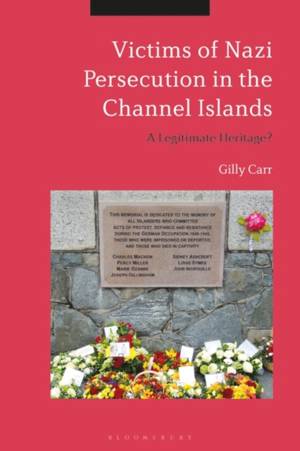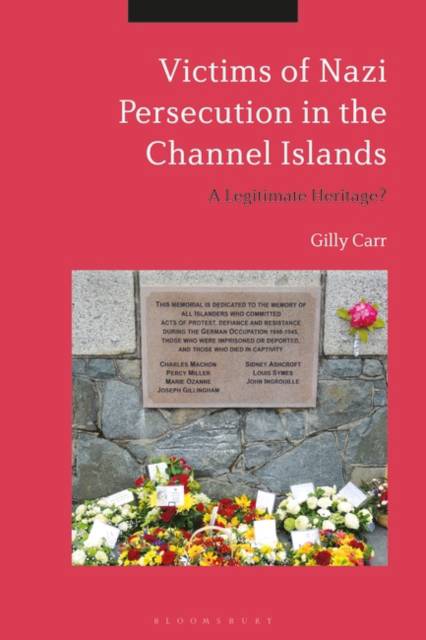
- Afhalen na 1 uur in een winkel met voorraad
- Gratis thuislevering in België vanaf € 30
- Ruim aanbod met 7 miljoen producten
- Afhalen na 1 uur in een winkel met voorraad
- Gratis thuislevering in België vanaf € 30
- Ruim aanbod met 7 miljoen producten
Zoeken
Victims of Nazi Persecution in the Channel Islands
A Legitimate Heritage?
Gilly Carr
Hardcover | Engels
€ 271,45
+ 542 punten
Omschrijving
Victims of Nazi Persecution from the Channel Islands explores the fight and claims for recognition and legitimacy of those from the only part of the British Isles to be occupied during the Second World War. The struggle to have resistance recognised by the local governments of the islands as a legitimate course of action during the occupation is something that still continues today.
Drawing on 100 compensation testimonies written in the 1960s and newly discovered archival material, Gilly Carr sheds light on the experiences of British civilians from the Channel Islands in Nazi prisons and concentration camps. She analyses the Foreign Office's treatment of claims from Islanders and explores why the islands' local governments declined to help former political prisoners fight for compensation. Finally, the book asks why 'perceived sensitivities' have stood in the way of honouring former political prisoners and resistance memory over the last 70 years in the Channel Islands. The testimonies explored within this volume help to place the Channel Islands back within European discourse on the Holocaust and the Second World War; as such, it will be of great importance to scholars interested in Nazi occupation, persecution and post-war memory both in Britain and Europe more widely.Specificaties
Betrokkenen
- Auteur(s):
- Uitgeverij:
Inhoud
- Aantal bladzijden:
- 256
- Taal:
- Engels
Eigenschappen
- Productcode (EAN):
- 9781474245654
- Verschijningsdatum:
- 18/04/2019
- Uitvoering:
- Hardcover
- Formaat:
- Genaaid
- Afmetingen:
- 156 mm x 234 mm
- Gewicht:
- 535 g

Alleen bij Standaard Boekhandel
+ 542 punten op je klantenkaart van Standaard Boekhandel
Beoordelingen
We publiceren alleen reviews die voldoen aan de voorwaarden voor reviews. Bekijk onze voorwaarden voor reviews.








